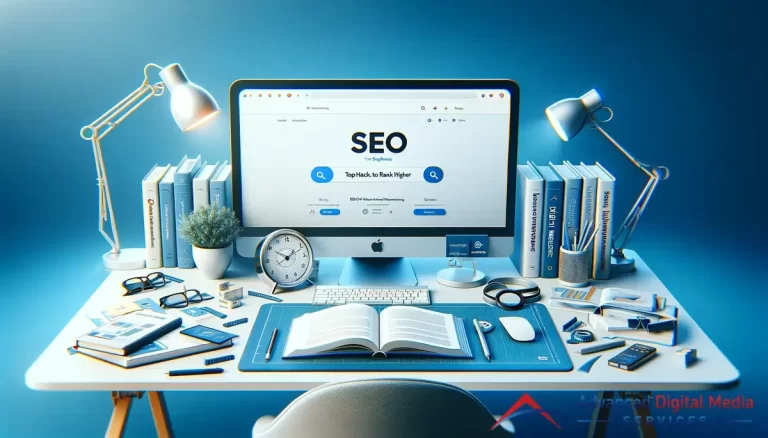Search engines are some of the most visited sites on the internet, and the largest and most widely used is Google. In fact, Google handles almost 5.6 billion searches per day at 3.8 million searches per minute. Just imagine the sheer number of people who are using Google right now as you’re reading this. The potential to use this in digital marketing is huge. As such, it’s no wonder that many companies invest a considerable amount of money to ensure that they are always at the top of search engine results pages, or SERPs.
What Is a Google Ads Campaign?
Google AdWords (or Google Ads, as it is more commonly known) lets you place ads on Google’s search result pages. Here, advertisers bid for relevant keywords. Once you win the bid, it’s time to create your content and define your advertising goals. This is one good marketing strategy for companies who have just started and do not yet have much quality content for SEO. It can get customers to notice you even faster. Another good point for Google advertising is that there are many targeting options you can choose from to define your brand and who sees your ads.
Google AdWords Tips: How to Successfully Create a Google Ads Campaign
Define Your Geographic Area
This is vital for local businesses. Usually, these have geographic constraints because most of them only have one store. Through Google Ads, you can target your ads so that they only appear to people within a specific geographic area. Although internet use has made local businesses accessible to almost anyone, and local businesses can now ship their products anywhere, location targeting is still a smart move, as one type of ad may appeal to one region but may not for another. This way, you can limit the money you are going to spend and avoid wasting money on an ad that’s not going to appeal to people in your neck of the woods.
Choose the Most Relevant Keywords
In Google Ads, keywords are probably the most important commodity. This is because you will compete against other companies and bid for them. Since you will be spending for it, carefully choose the ones you want to bid on and make sure that they are the most relevant to your business and content. There are three types of keywords you can choose from in Google Ads: broad, phrase, and exact. For broad keywords, Google will show your ads to searches that are relevant to them. For phrase keywords, Google will show the ads if your chosen keyword phrase is part of the search phrase that the user enters into Google. Lastly, exact keywords will show your ads only when the user types the exact words that you chose.
Create Quality Content
While Google advertising starts with relevant keywords, its success is dependent on content. Pay-per-click advertising only charges you when a user clicks your ad. Whether they read your content or make a purchase is irrelevant with regards to payment. As such, you have to make every click worth it. You do this making sure that you have engaging content that encourages users to buy. As for your keywords, make sure that they are naturally incorporated into your content and do not sound like they were just forced in.
Monitor Results and Be Ready for Improvement
The work does not stop after you come out with your Google Ads campaign. You have to continually track the success of your ads and look for any inadequacies that you might need to improve on. A Google Ads campaign does not simply turn a profit overnight. Remember to always check on the data and analytics of your campaign and make the necessary adjustments for improvement.
Starting a Google Ads campaign is not an easy task, and you have to be ready to spend a sizable amount of money. To make the investment worth it, we strongly encourage that you hire a Google Ads specialist who can help you navigate the ins and outs of Google advertising.
At Advanced Digital Media Services, our team is composed of some of the best professionals in the industry, who can create effective SEO strategies for your business, including quality advertisements, Google My Business optimization, and content creation. We look forward to working with you! Contact us by filling out the form below.





